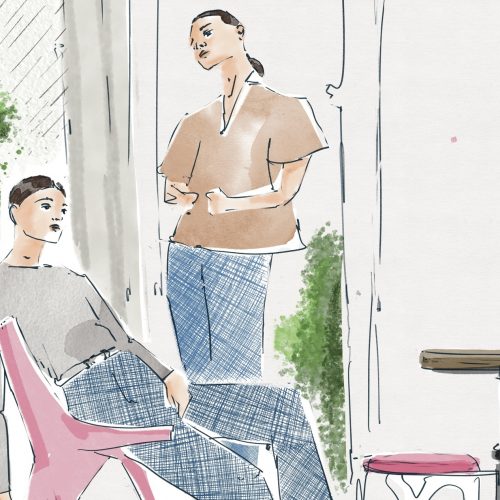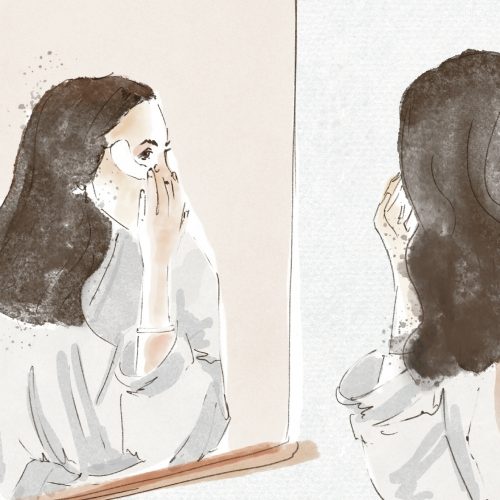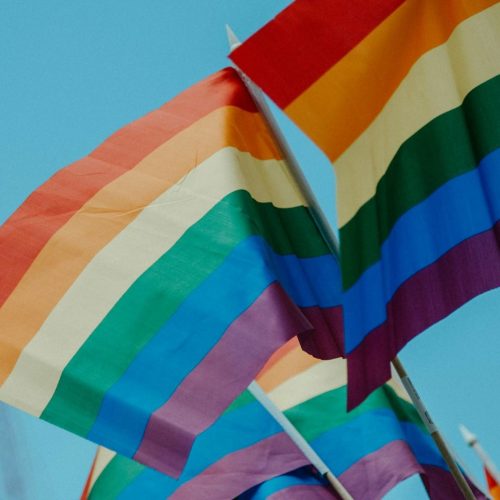How To Embrace Minimalism For a More Productive Lifestyle
It is said that a tidy space is a tidy mind. If you’re feeling cluttered and weighted down by your surroundings, it might be a warning signal that you are in need of a more minimal approach. It has in-fact been said that minimalism, in all of its clean-cut, de-cluttered glory, is great for our mental state and can improve our productivity.
To receive the Luxiders newsletter, sign up here.
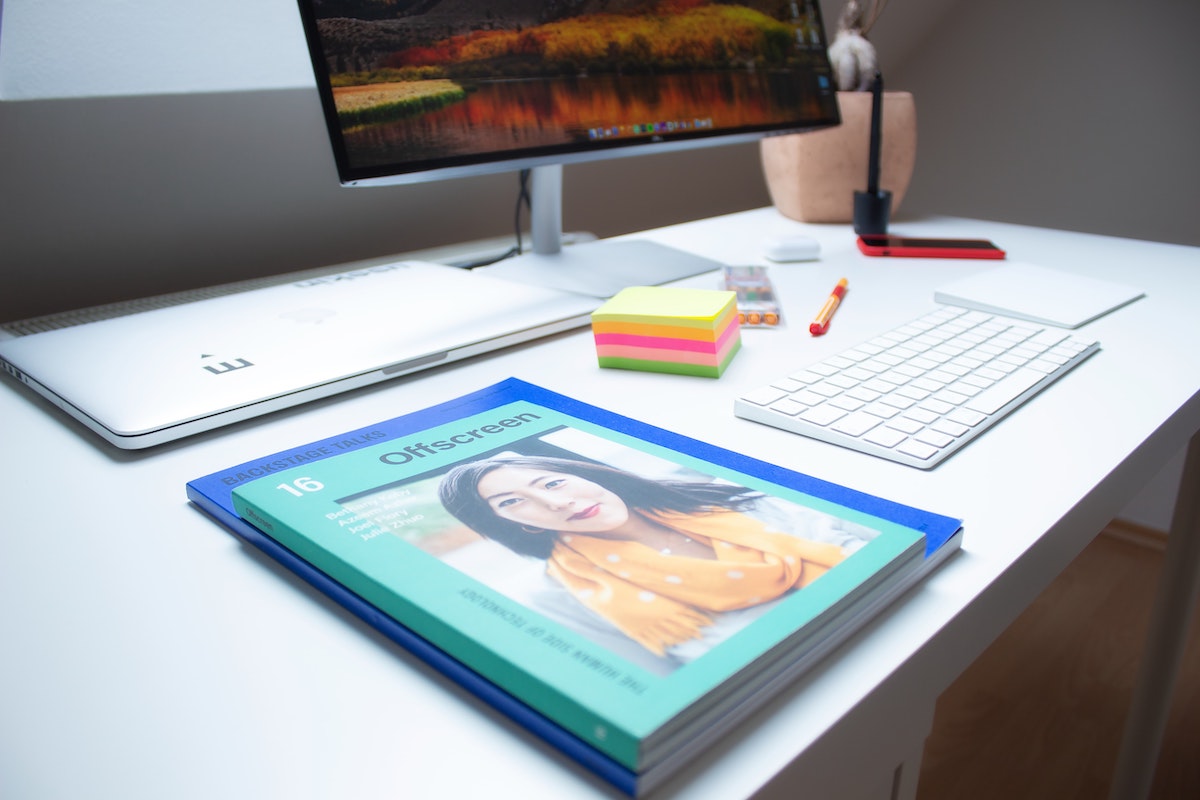
It’s Monday again. You’re becoming accustomed to emerging from your slumber, sliding straight into a pair of joggers and a zoom-friendly shirt (maybe even some overly eccentric earrings to jazz things up) and getting going on your daily commute. On the way from bed to desk you traverse yesterday’s still-damp washing that is draped over the clothes horse; you leap over the shoes that your housemate left in the middle of the floor; before swiftly swiping the pile of paper, sticky notes and solitary pens from your generously mug-ringed desk to make way for a hesitantly opened laptop, and space enough to keep your lengthy to-do list in full view.
Although it has its perks: sleeping a little longer, joggers at the desk and the kettle close at hand, working from home has equally created obstacles for many peoples productivity. Solutions have tumbled down newsfeeds during the pandemic, when just under half of us transitioned to from-home working. Many of which, applied to office working too… eat your lunch away from the desk, go out and get fresh air when you can – maybe go on a lunch time walk – etc. We're going to explore how the very environment in which we work could help to optimise your mood and productivity, by implementing a more minimal approach.
Minimalist design can be applied throughout your working environment: from organising your thoughts into a succinct list, to creating a minimal oasis in which to work from – desk-, room- or office-wide.
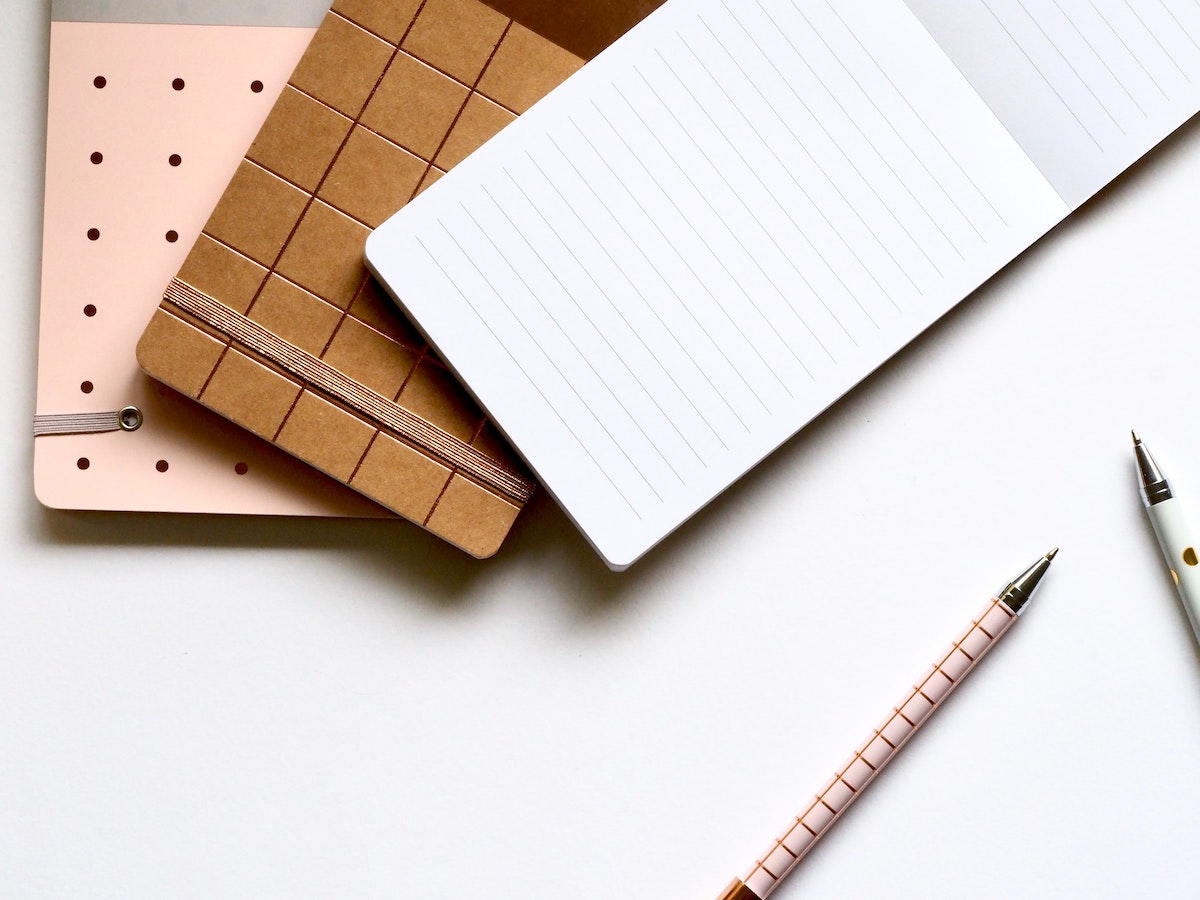
WHAT IS MINIMALISM?
From Russian painter Kasimir Melovich’s composition of a black square on a white ground in 1913; to the growth of the minimal art movement in New York in the 1960s; nowadays, minimalism perhaps conjures up images of anything from neatly organised spaces, a lack of excess belongings, neutral colours and clean cut lines… the word is multifaceted. As Merriam-Webster puts it: minimalism is “a style or technique that is characterized by extreme spareness and simplicity”. How we see it, minimalism means discarding of excess physical and mental clutter that is not serving us a valuable purpose, or, as Marie Kondo put it, ‘sparks joy’.
“One thing at a time” will always perform a better day’s work than doing two or three things at a time. By following this rule, one person will do more in a day than another does in a week.” -As said by Alex Soojong-Kim Pang, Author of Rest: Why You Get More Done When You Work Less
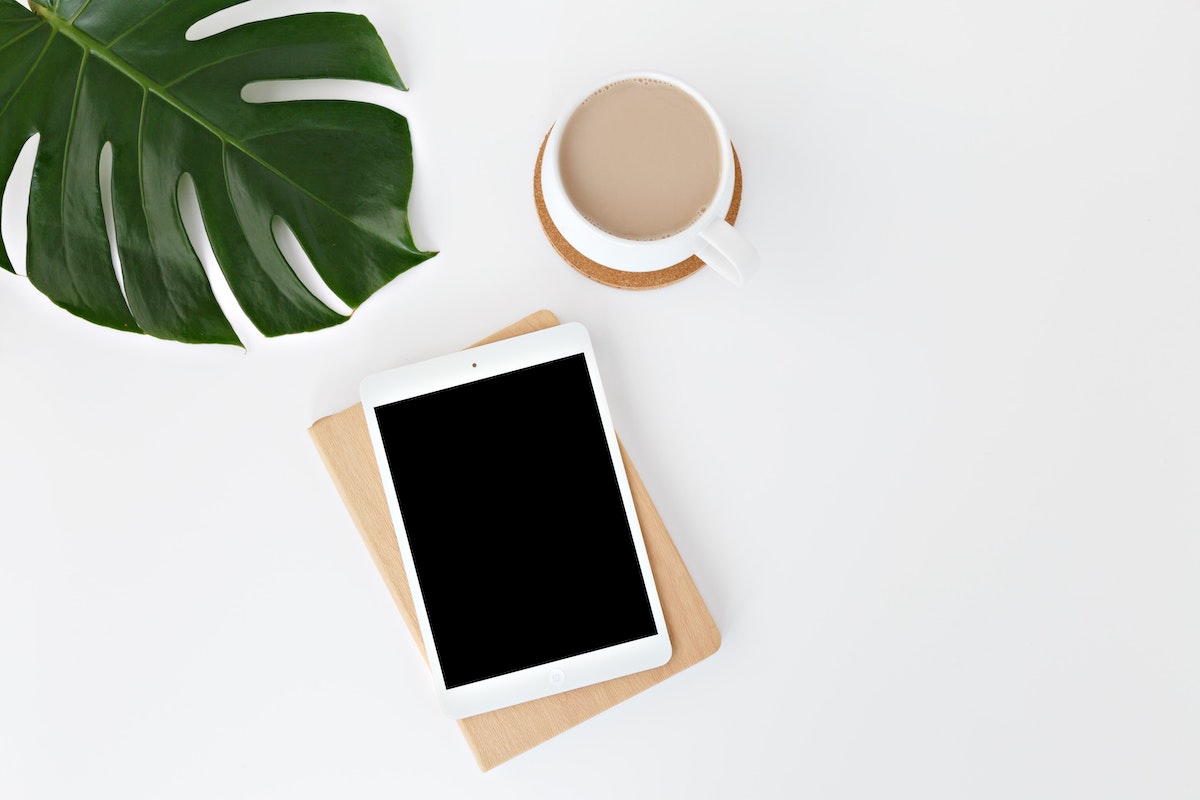
HOW ARE MINIMALISM AND PRODUCTIVITY LINKED?
According recent research, the implementation of a minimal environment and practises can create more mental space for self-discipline; reduces distractions allowing individuals to dedicate their undivided attention to tasks; and reduces stress and anxiety, replacing these with positive feelings of fulfilment.
If you’re getting more done in shorter amounts of time, it leaves you with larger windows for down-time, seeing friends (covid restrictions allowing), and achieving that work-life balance that we arguably all want to attain. This, as well as feeling more accomplished because although it is not necessarily always the case, we can certainly say that a productive day often feels like a more positive day. And in the long run, when we have more rest, we are then more likely to enter into each workday with more energy and thus a sense of purpose and vitality, making for more meaningful work to be completed. Hence, the cycle continues.
HOW TO ACHIEVE MINIMALISM AND ENHANCE PRODUCTIVITY.
When we embrace minimalism, it can do wonders for our state of mind and productivity levels. The first place you can achieve minimalism will be your physical environment. In the current work-from-home climate, whether it is the desk, the sofa or the floor, minimalism can be implemented – it is not only for the office. This means gathering up your visual clutter and categorising it – either its presence in your proximity is useful and valuable, or it is not – and if it is the latter, it is time to discard of it.
"Does this spark joy?” If it does, keep it. If not, dispose of it.” As said by Marie Kondo, Author of The Life Changing Magic of Tidying
The same goes for mental clutter. If your environment is cluttered, most likely so is your mind. If you haven’t already, we recommend a to-do list that allows you to priorities three key tasks per day, where the requirements of each task are crisply clear from the get-go. When you are overwhelmed with tasks or have a cluttered mind, you might find yourself writing down and completing small, less meaningful tasks in order to create a sense of accomplishment that distracts from your larger, perhaps more daunting goals. Sigh Studio’s desk planners are useful tools for categorising your thoughts in a visually aesthetic way.
“A dramatic reorganization of the home causes correspondingly dramatic changes in lifestyle and perspective. It is life transforming." As said by Marie Kondo
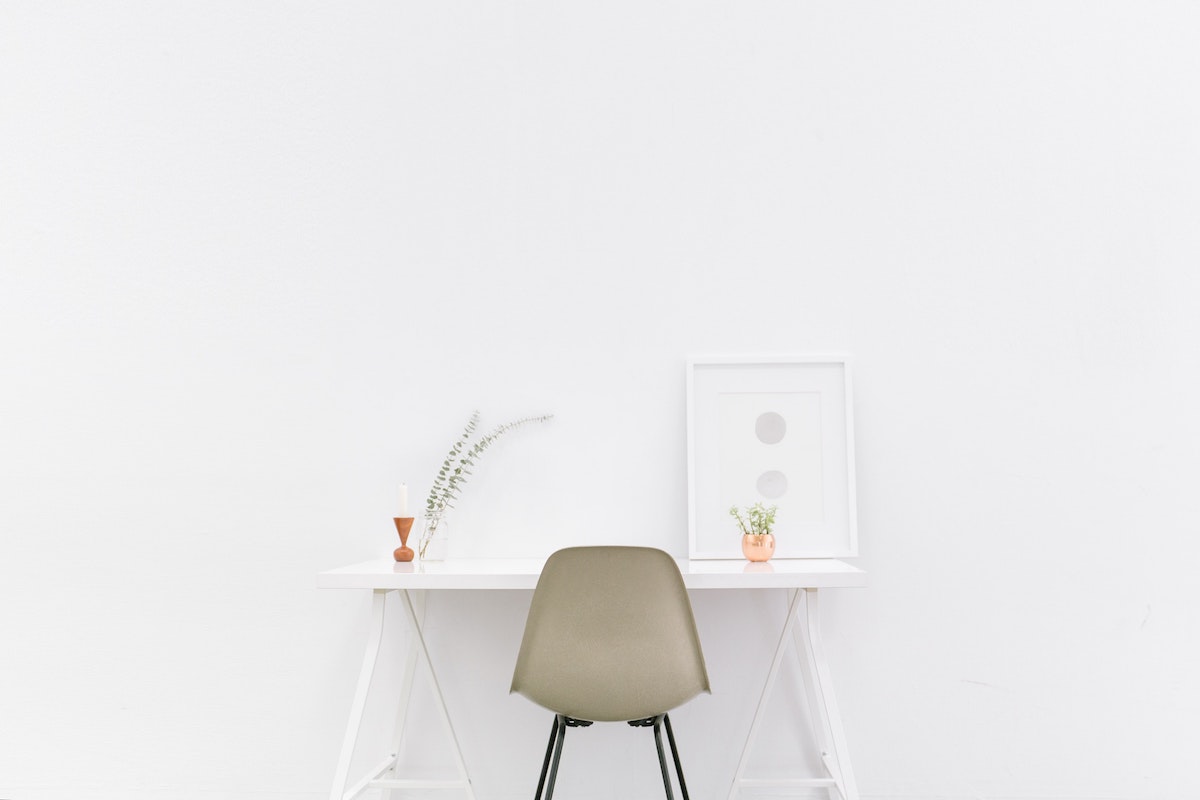
After all of this that we have outlined, it is important to note that minimalism is not the be-all-and-end-all to accomplishing the feats of the daily grind, in-fact, Einstein, amongst so many others attest that a messy desk is a sign of genius. It does not go to devalue the idea that minimalism can bring a sense of ease and heightened productivity, however, let’s not be ignorant of the fact that working a full-time job and keeping your environment spick and span might not be feasible all of the time and do not be disheartened by this.
By sparing some time to organise and minimalise your surroundings and mental clutter though, it is likely that it will pay off by creating a perfect habitat for a productive and more efficient working environment. By doing so, we invite a work life balance on which we can mentally thrive after you clock out.
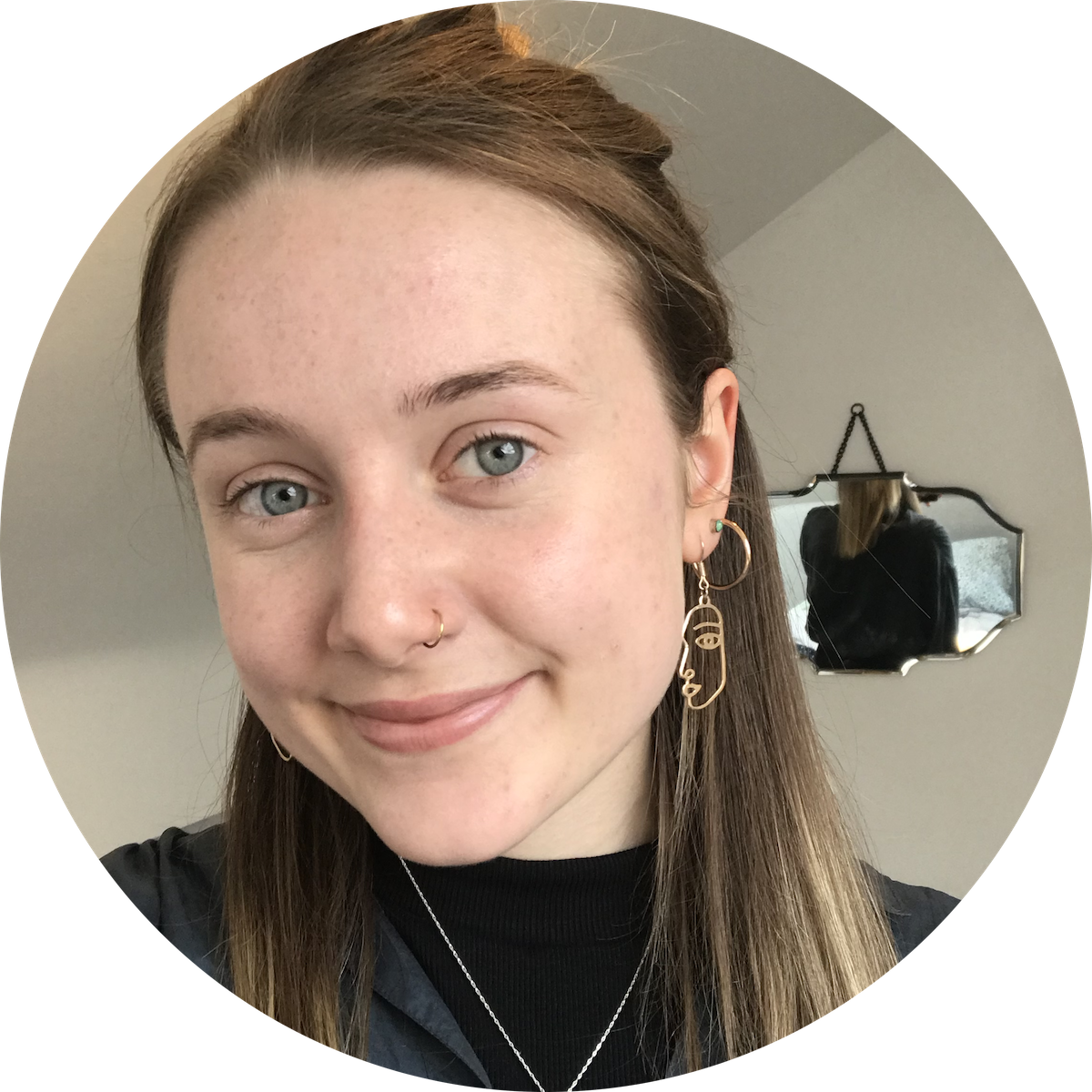
+ Words: Niamh Heron, Luxiders Magazine
BA Journalism and Media Graduate, based in Leeds, UK
Connect with her through Instagram @niamh.heron or LinkedIn


